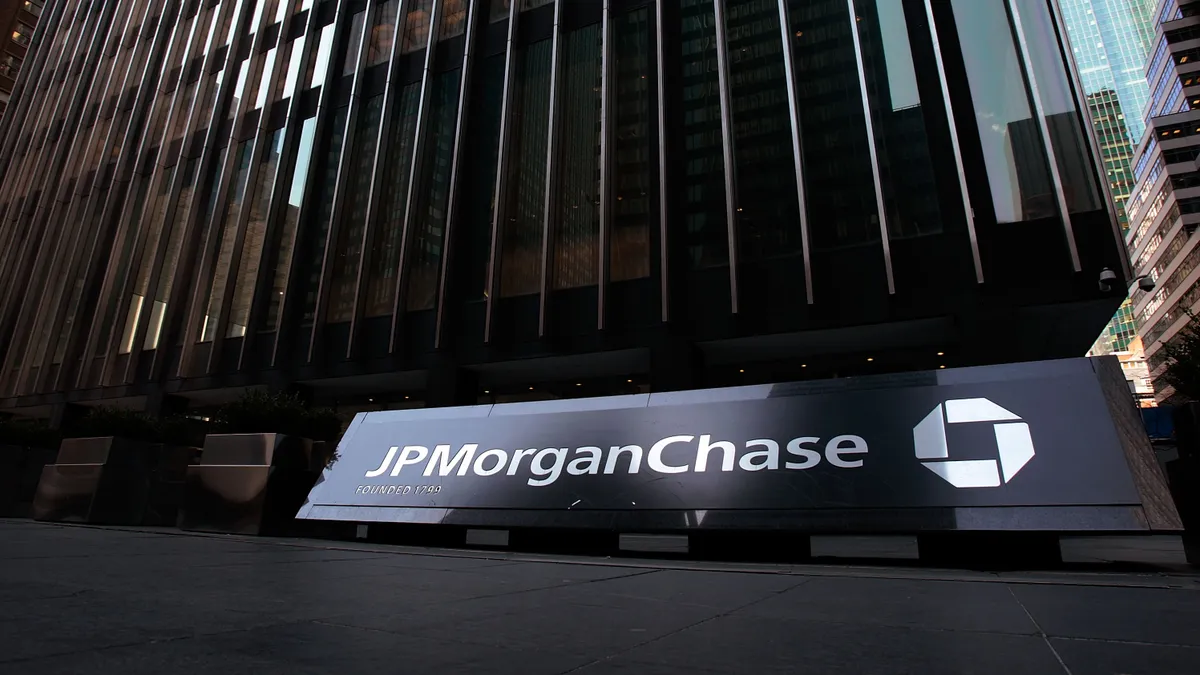JPMorgan Chase is facing a proposed class-action lawsuit from customers who claim the largest U.S. bank unfairly charged them fees for deposited checks that were returned unpaid through no fault of their own, according to court documents seen by Reuters.
The lawsuit, filed Tuesday by five Chase customers, alleges the bank improperly docked their accounts with $12 “deposited item returned fees” when checks they deposited bounced. The plaintiffs insisted that when a check doesn’t go through due to insufficient funds or any other error, it’s not the fault of the person who tried to deposit the check.
“By charging these deposited item return fees, Chase unfairly targeted its customers with financial penalties for faulty checks the customers had no hand in issuing,” the complaint said. “They did nothing wrong, yet were penalized.”
The plaintiffs further argued JPMorgan charged “unconscionable” and “predatory” fees for returned checks between November 2021 and October 2022. They claimed Chase “all but acknowledged” its deposited item returned fees were unfair by removing references to such fees from its deposit agreements and fee schedules in March 2023, according to Forbes.
The plaintiff also noted that information on return fees is “often found in dense and convoluted legal agreements or associated fee schedules,” thereby making it difficult for customers to find it, Forbes noted.
The complaint filed in federal court in White Plains, New York, seeks $5 million in damages for Chase customers and claims the lender violated consumer protection laws in New York, California, Illinois and New Jersey.
Chase declined to comment to Reuters but noted it stopped charging the fees in December 2022.
An attorney representing Chase customers, Lisa Considine, told Reuters that the fees are “a pervasive and unfair industry practice.”
The plaintiffs also mentioned an October 2022 Consumer Financial Protection Bureau bulletin that said charging overdraft fees and indiscriminately charging depositor fees to all those whose check bounces is illegal.
President Joe Biden and the CFPB in October called for new efforts to clamp down on “junk fees” or unnecessary charges levied by financial institutions on its customers.
Around the same time, the Federal Trade Commission proposed a rule that, if finalized, would ban businesses such as ticket vendors and car rental companies from charging surprise service fees; instead, it would require businesses to disclose all fees upfront. A ban on junk fees would save tens of billions of dollars, the FTC estimated.
In recent years, the CFPB has fined Bank of America and Regions for imposing junk fees on their customers.
Bank of America had to pay roughly $250 million to settle claims that it double-dipped on fees, withheld credit card reward bonuses and opened fake customer accounts. The Charlotte, North Carolina-based lender was ordered to pay $100 million to harmed customers, $90 million in fines to the CFPB, and $60 million in fines to the Office of the Comptroller of the Currency.
In September 2022, the agency ordered Birmingham, Alabama-based Regions to pay $191 million to resolve allegations that it charged its customers “illegal surprises” overdraft fees on certain ATM withdrawals and debit card purchases between August 2018 and 2021.














